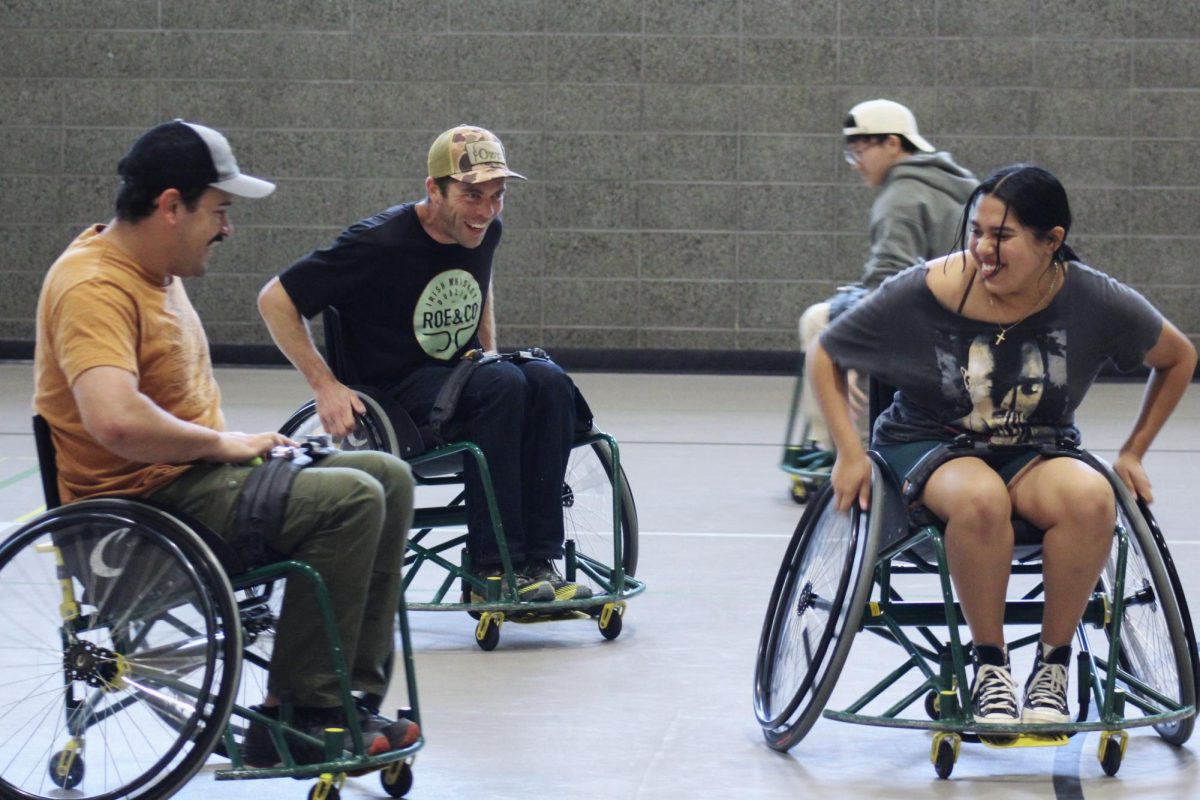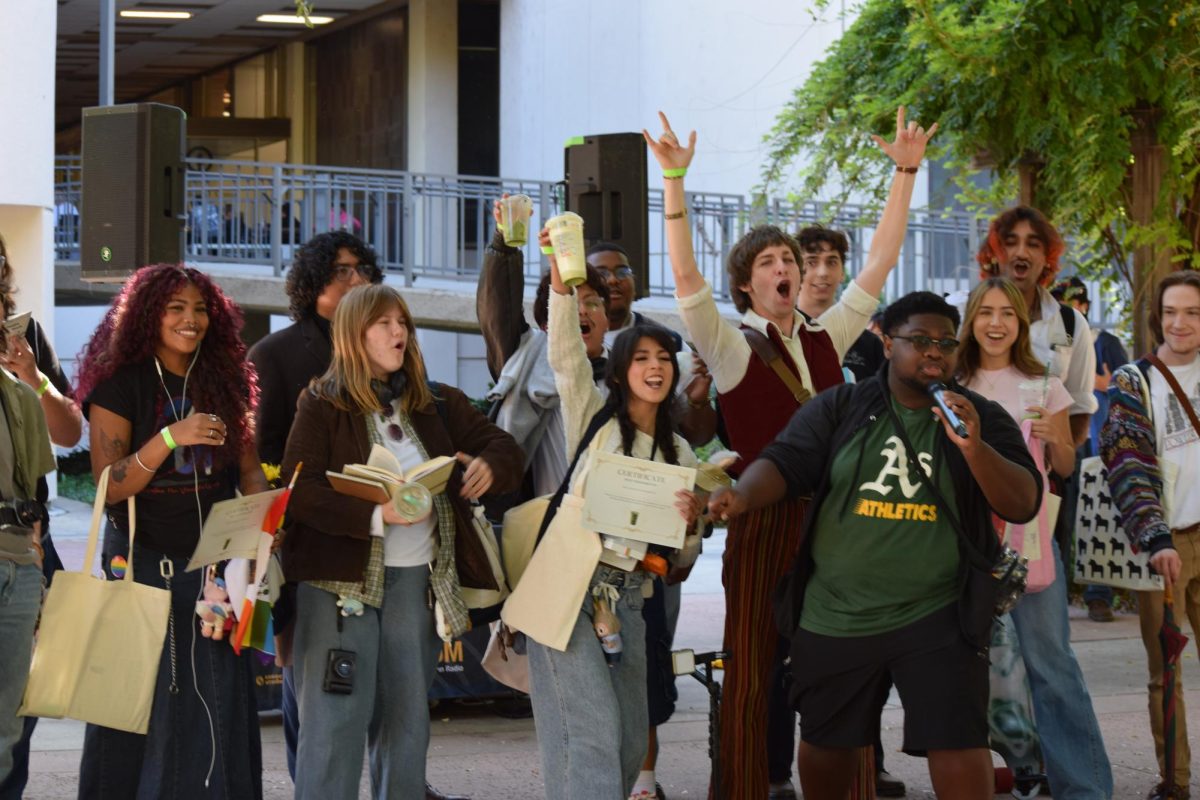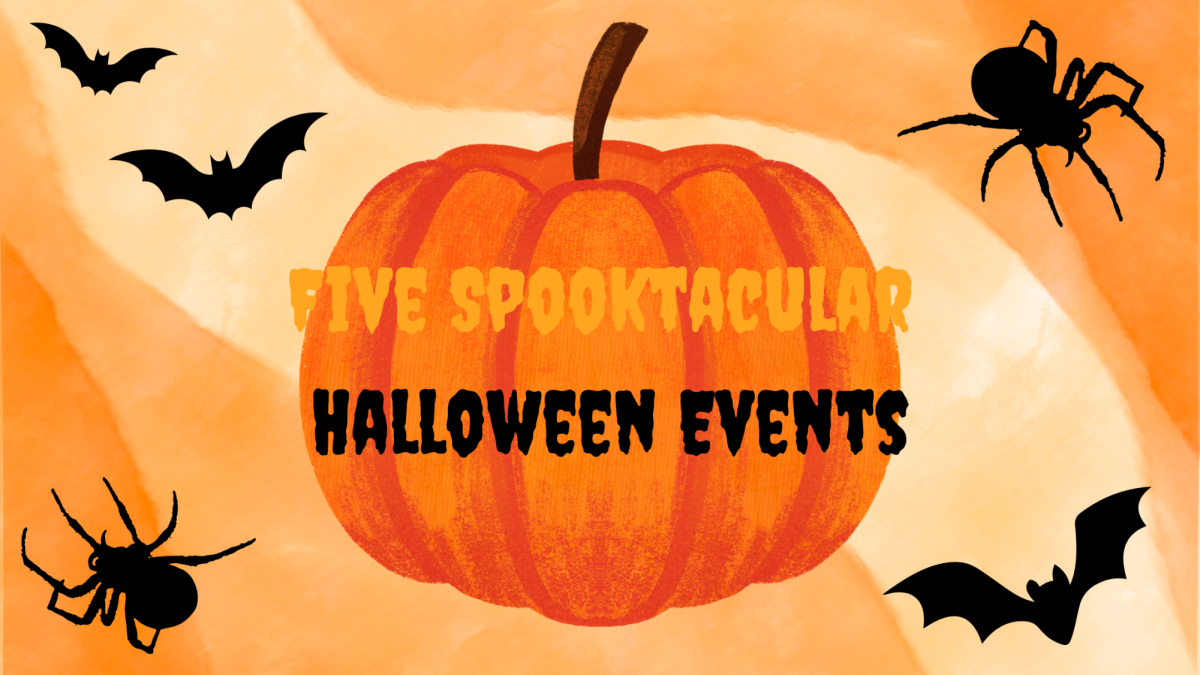Cancer prevention discussed on campus
November 7, 2009
The UC Davis Cancer Center and Sacramento State Partnership Board hosted its fourth annual Community/Campus Collaborative Conference in the Alumni Center on Friday.
The conference was called “An Open Space Conversation: Why Are So Many People Dying Needlessly From Cancer and What Can We Do About It.” It was formatted with Open Space Technology, a meeting methodology that allows attendees to create an agenda at the event based on the questions that they have.
Questions posed at the event included: how children can prevent cancer, what patients need to know about post-cancer treatment, how individuals at a university can connect better with community groups and how we can eliminate cancer disparities with limited resources.
“As scientists, discussions are usually more linear,” said David Earwicker, assistant vice president of research administration, said. “This format allows everyone involved to connect, communicate, identify and focus on issues most pertinent to us.”
About 50 people attended the event with hopes of achieving a better understanding of current problems facing the community in regards to cancer prevention.
Reverend Tammie Denyse, president of Carrie’s TOUCH, is a five-year breast cancer survivor and attended the conference for the third time.
“I think this is a great, new way to engage in some important topics and keep myself and the community informed,” Denyse said.
Director of the UCD Cancer Center, Marlene von Friederichs-Fitzwater, said the Open Space format is a refreshing way to tackle some very difficult problems.
“I always come away from Open Space discussions with a much richer experience than I would listening to a speaker,” Friederichs-Fitzwater said. “I have fallen in love with this approach and the fruitful discussions it creates.”
Many projects have been created as a result of the conferences over the years. The “Be Smart with Body Art” campaign is one such project that resulted from the 2007 conference.
“We discussed at the conference the topic of Hepatitis C, and questioned whether or not college students knew that it could be contracted by tattoo and piercing needles,” Friederichs-Fitzwater said.
The discussion prompted a study that was conducted in spring 2008. The study concluded that most students are not educated about the potential health risks of tattooing and piercing.
Generated funds will allow the partnership to launch the campaign throughout the California State University and University of California systems as well as campuses nation-wide.
“The purpose of this event is to question what we can do and what we should do,” Earkwicker said. “We need to prioritize so that we can use our resources to our best ability.”
Brittany Bottini can be reached at [email protected].




























































































































